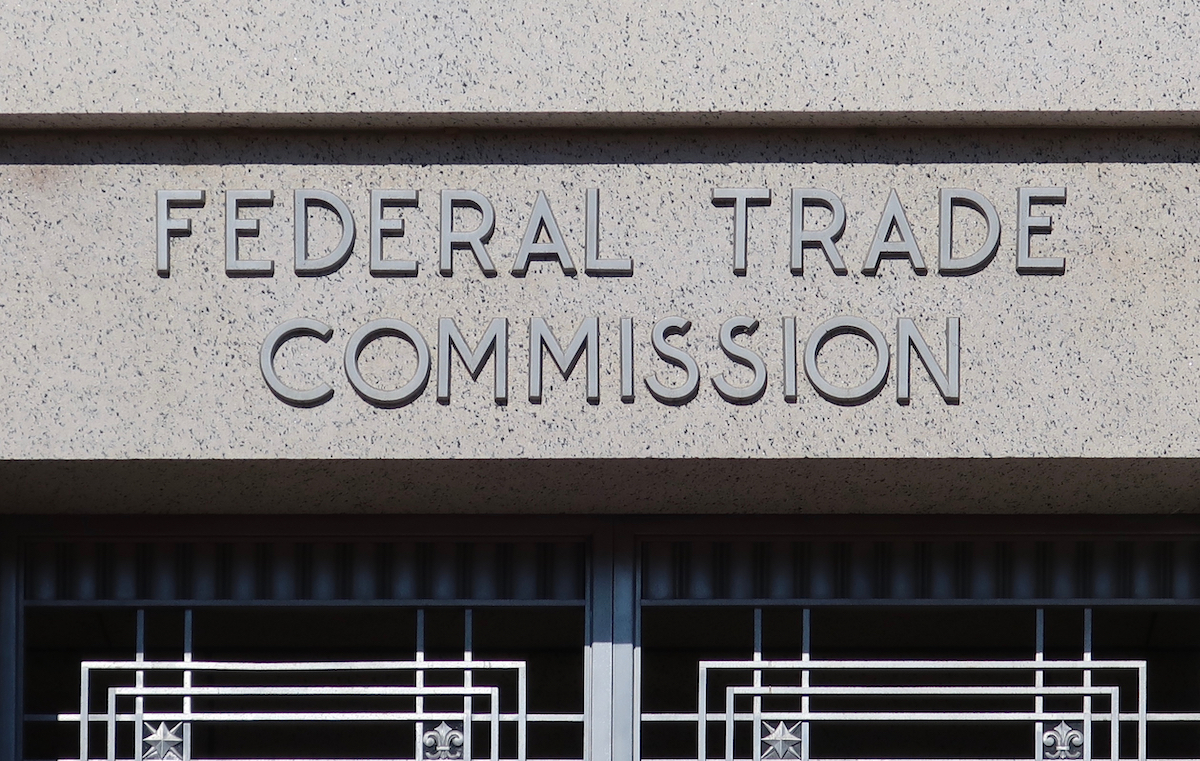FTC Calls Out Pharmacy Benefit Managers asking for Compliance with Antitrust Probe

In a White House roundtable addressing industry abuses on Monday, Federal Trade Commission (FTC) Chair Lina Khan reiterated concerns regarding the lack of cooperation from pharmacy benefit managers (PBMs) in an ongoing antitrust investigation. Khan’s remarks highlighted the pivotal role of PBMs in the healthcare industry and the necessity of their compliance with FTC orders.
“So far, the PBMs have not fully complied with our orders to turn over documents and data,” Khan stated emphatically. “FTC orders are not suggestions, and we will not hesitate to use the full extent of our legal authorities to mandate compliance,” reported de Ohio Capital Journal.
The remarks come in the wake of the FTC’s probe launched in June 2022, aiming to scrutinize the operations of PBMs and their potential anticompetitive practices. PBMs, acting as intermediaries between drug manufacturers, insurers, and pharmacies, wield significant influence in determining drug coverage, pricing, and reimbursement rates.
While Khan emphasized the urgency of cooperation, the largest PBM, CVS Caremark, disputed the FTC’s claims. CVS Health spokesman Phillip J. Blando asserted the company’s cooperative stance, stating they have provided substantial documentation and data to the FTC since the inception of the investigation.
The FTC’s scrutiny of PBMs underscores broader concerns about transparency and market dynamics within the pharmaceutical industry. PBMs, which control over 80% of the marketplace, operate within vertically integrated corporations, exerting influence across various sectors, including insurers, pharmacies, and healthcare providers.
Related: Acting FTC Chief Wants New Approach For Analyzing Pharma Mergers
The Biden administration’s efforts to address rising drug costs have increasingly focused on negotiating directly with drug manufacturers. However, the shadowy role played by PBMs in drug pricing has drawn attention, with critics highlighting their opaque practices and potential conflicts of interest.
PBMs dictate which drugs are covered by insurance plans, often receiving substantial discounts from drugmakers. However, the extent to which these discounts are passed onto consumers remains unclear, raising questions about affordability and access to medication.
Moreover, PBMs’ role in establishing pharmacy networks and determining reimbursement rates has drawn scrutiny, with critics alleging biased decision-making favoring corporate interests. Concerns about the impact on community pharmacies and patient access to affordable medication have fueled calls for increased oversight and transparency.
Khan’s tenure at the FTC has been marked by heightened scrutiny of PBMs, with mounting complaints alleging anticompetitive behavior and pricing tactics detrimental to consumers. As the FTC intensifies its investigation, the pharmaceutical industry faces increased pressure to address concerns surrounding pricing practices and ensure greater transparency in drug transactions.
Featured News
Google and South Carolina Clash Over State Records Demand
May 8, 2024 by
CPI
Telefonica Germany Teams Up with Amazon Web Services to Migrate 5G Customers
May 8, 2024 by
CPI
Federal Judge Grants $7.4 Million Settlement in Pork Price-Fixing Case
May 8, 2024 by
CPI
Wilson Sonsini Bolsters Antitrust and Competition Practice with Key Partner Returns
May 8, 2024 by
CPI
EU to Scrutinize Telecom Italia’s Network Sale to KKR
May 8, 2024 by
CPI
Antitrust Mix by CPI
Antitrust Chronicle® – Economics of Criminal Antitrust
Apr 19, 2024 by
CPI
Navigating Economic Expert Work in Criminal Antitrust Litigation
Apr 19, 2024 by
CPI
The Increased Importance of Economics in Cartel Cases
Apr 19, 2024 by
CPI
A Law and Economics Analysis of the Antitrust Treatment of Physician Collective Price Agreements
Apr 19, 2024 by
CPI
Information Exchange In Criminal Antitrust Cases: How Economic Testimony Can Tip The Scales
Apr 19, 2024 by
CPI